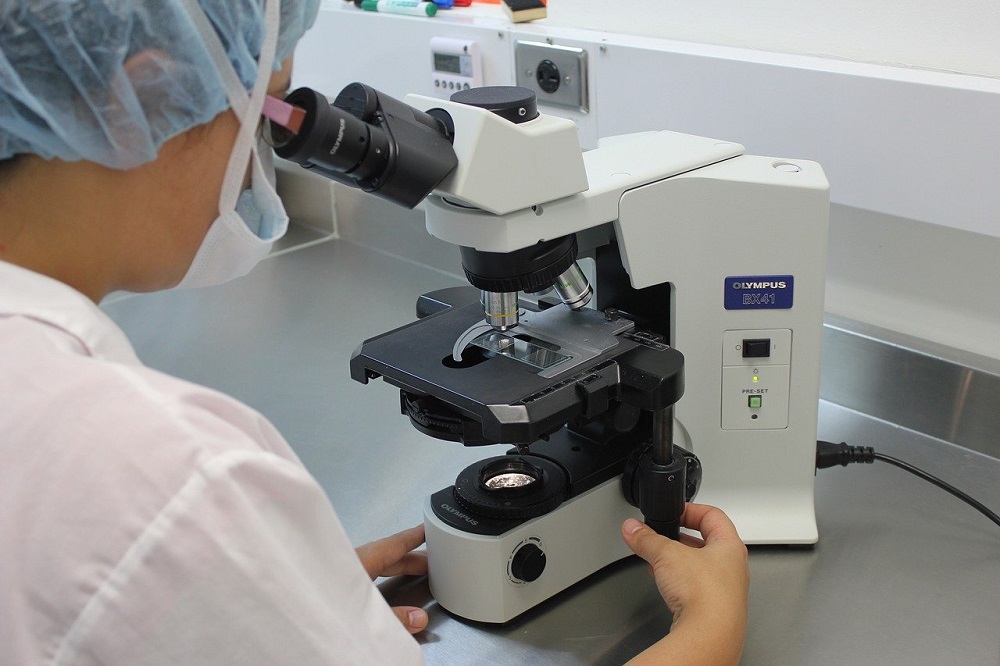Scientists criticise Treasury for taking back £1.6bn funding

Scientists have criticised the Treasury for taking back £1.6 billion it had allocated for research.
The Department for Business, Energy and Industrial Strategy returned the funds to the Treasury, according to a UK Government document which sparked criticism from scientists.
The money had been set aside for UK involvement in the EU’s 100 billion euro (£88 billion) Horizon Europe research programme.
But a stalemate with the EU over the Northern Ireland Protocol has seen the UK’s association with the flagship research initiative blocked.
News that the funds had been returned was revealed on page 300 of a Treasury document entitled Central Government Supply Estimates 2022-23.
It says there has been a “surrender of unused funding for Horizon and Euratom association” to the tune of £1.6 billion.
In a statement, London School of Hygiene & Tropical Medicine director Professor Liam Smeeth condemned the move.
He said: “The UK has a well-deserved reputation as a world leading powerhouse in health research, recently evidenced by the role we played in the Covid response globally.
“The benefits are huge in health improvement, economic investment and global prestige.
“The lack of agreement to allow the UK to continue to play a full role in the European Union Horizon funding programme severely threatens our success.
“Achieving full association with EU funding programmes must remain the primary aim but will take considerable political skill and determination.
“Until today, the UK Government did – as a constructive interim measure – appear to be committed to filling any shortfalls in science funding that occurred because of Brexit.
“This appears to no longer be the case and we face major cuts in investment in science and innovation as well as continued uncertainty over EU funding.
“The UK’s position as a global scientific leader is severely threatened.
“Once our position is lost, rebuilding the excellence of our science and education base in the face of fierce international competition may be an impossible task.”
Failure
Sir Adrian Smith, president of the Royal Society, said: “The failure of all sides to secure the UK’s association to the EU’s research programmes has now cost UK science £1.6 billion.
“That comes on top of the talented researchers who have left the UK in order to carry on their collaborative work. How does this sit with the Government’s stated mission to have the UK as a science superpower?
“The Treasury must now ensure that this money is reinvested in research in the coming years.”
Professor Sarah Main, executive director of the Campaign for Science and Engineering (CaSE), said: “The Government has repeatedly stated that R&D (research and development) budgets would be protected and that the money allocated for association to Horizon Europe would be spent on R&D.
“The Government’s reversal of this position with today’s withdrawal of £1.6 billion for R&D undermines the Prime Minister’s assertions about the importance of science and innovation to the UK’s future and the creation, only this month, of a new department to pursue this agenda.”
In his autumn statement, Chancellor Jeremy Hunt said it would be a “profound mistake” to “cut the research and development budget today”.
He added: “I am protecting our entire research budget and confirming that we will increase public funding for R&D to £20 billion by 2024-25 as part of our mission to make the United Kingdom a science superpower.”
The Government has been approached for comment.
Support our Nation today
For the price of a cup of coffee a month you can help us create an independent, not-for-profit, national news service for the people of Wales, by the people of Wales.




